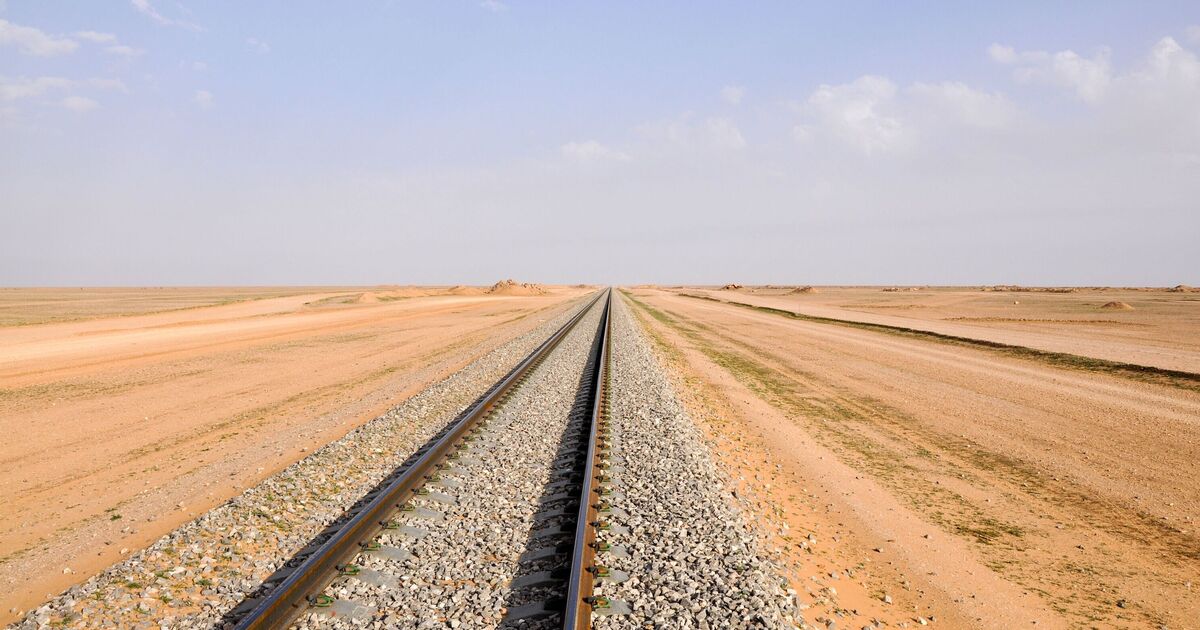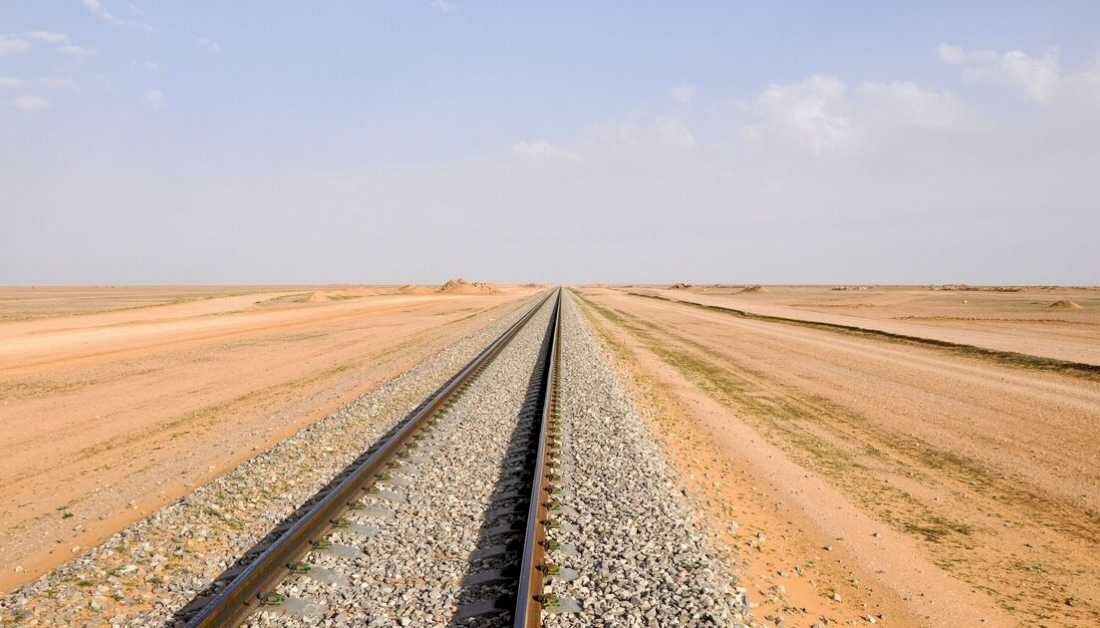
A new mega project in the Middle East will see a huge rail line built which will add billions to the economies of the six countries it plans to connect. The Gulf Rail Mega Project was first announed in 2009 and it has been a long road to get it to where it is now, with much more still to be done before it is completed. Countries that are sperated by vast deserts will be easily connected with people being able to move through them with ease and comfort.
The impressive mega project aims to connect the six member states of the Gulf Cooperation Council (GCC), which are Saudi Arabia, the UAE, Qatar, Kuwait, Bahrain and Oman. It will stretch to a staggering a 2,177kilometres (1,352 miles). The project was announced in a bid to reduce reliance on road vehicles and to facilitate the movement of goods and passengers. This will have the knock-on effect of promoting regional economic integration, officials say. While there have been many setbacks since the project first began, it is expected to be completed by the year 2030.
The GCC’s website states: “The GCC rail project will represent a significant leap in connectivity and integration in the Gulf region, yielding direct positive impacts on intra-trade and the freedom of movement for citizens and residents among the Council states.
The cost of this mega project is expected to cost up to $167 billion and $250 billion (£193 billion). The original expected date of cpompletion was in 208. However in 2016, this was pushed back to 2021. It has since been pushed back to 2030, 22 years after it was first announced.
As of last year, the project was still in its design stages. Each GCC member is responsible for building the portion of the railway within its borders. This kind of cross-nation collaboration can bring up a number of issues, as it has with the Gulf Rail.
There have been obstacles along the way, however. Oman announced that it was putting the project on hold with the country’s Minister of Transport Ahmed al-Futaisi saying at the time: “There was a challenge among countries in the pace at which the project was being implemented. Some countries started, but some others did not follow the design. So this was a challenge for Oman. Even if Oman finishes its part, it cannot connect because other countries have not started their work.”
Additionally, low oil prices have affected investments in the project, presenting further delays and difficulties. Meanwhile, Helmut Scholze, partner at Roland Berger Middle East, has said that countries such as the UAE and Oman delayed building the railway due to lack of clarityas to when Saudi Arabia would complete its part.
But in 2021, the project received a major boost when the six member nations established a centralised authority to coordinate construction efforts.
GCC Secretary General Jasem Mohamed Albudaiwi said in an October 2024 meeting: “Efforts continue in collaboration with the General Secretariat and the GCC Railways Authority to advance the phases of the railway connection project among the Council member states, which promises to significantly enhance Gulf connectivity and integration, resulting in direct positive impacts on trade movement and on the freedom of movement for citizens and residents throughout the GCC.”
The project is expected to have huge economic benefits for the region. In Saudi Arabia alone, the project is expected to generate $40 billion (£30 billion) through job creation and trade between the six countries.

